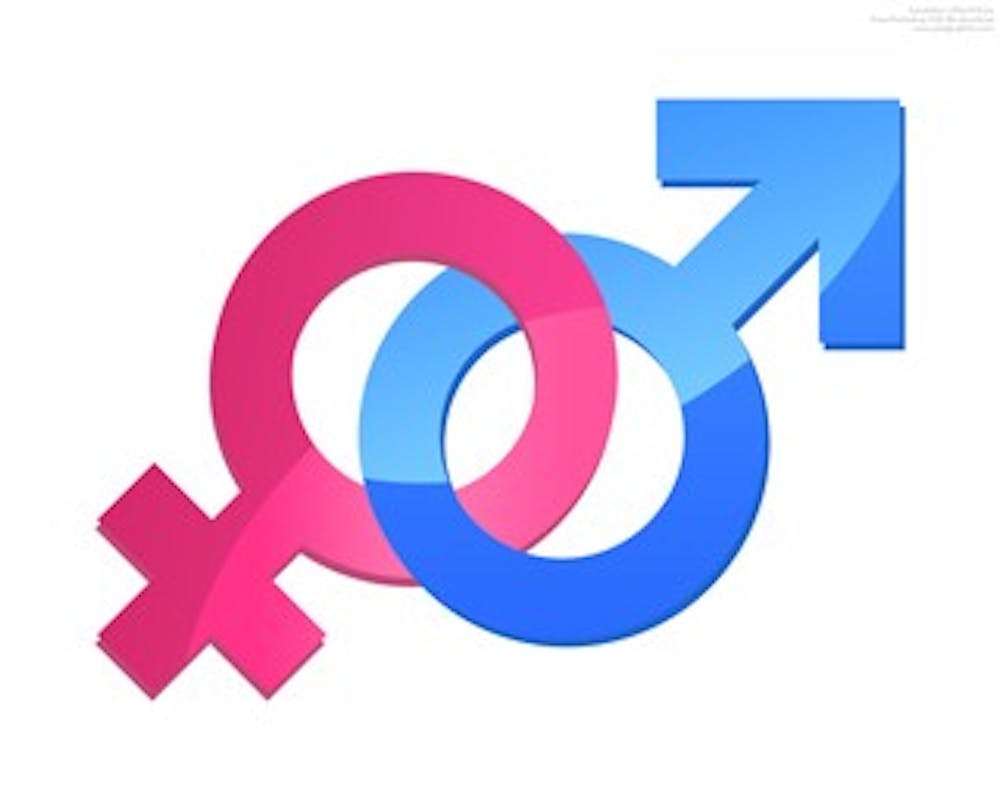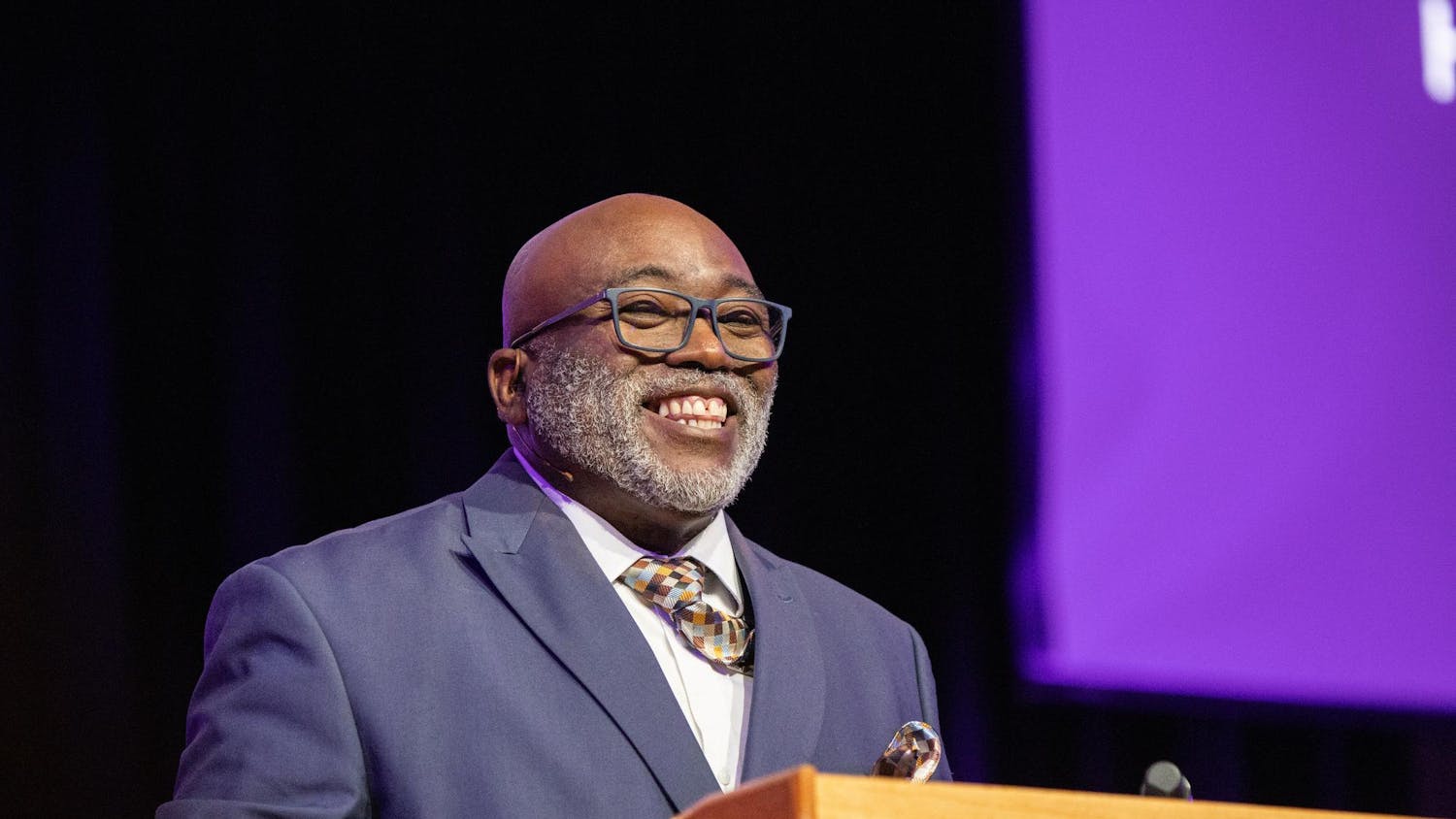By Joe Friedrichsen | Echo
Feminism: You either love it or you hate it. For many of you, especially guys, the latter is probably more true. You're likely wondering why in the world I would want to beat a dead horse by addressing a subject that is so commonly talked about, especially at Taylor. The reason for this is simple: I do not believe that all the controversy and division surrounding the ideas of the so-called "mainstream feminist movements" are necessary. In fact, I believe that the contention can all be avoided with an injection of a small dose of pragmatism.
For our purposes, let us quickly define feminism: It is a collection of movements and ideologies aimed at defining, establishing and defending equal political, economic and social rights for women. This includes seeking to establish equal opportunities for women in education and employment. These objectives are most commonly pursued through lobbying efforts in order to influence government legislation.
I am confident that I can speak for most men on campus when I say that if one takes a look at this definition, I do not believe that many (if any) objections would be raised concerning these feminist goals. This then begs the question: Are men who support these goals then considered feminists? I would argue that such labeling is up to each individual's personal convictions.
As for myself, I fully support the objectives of feminism. However, I do not identify myself as a feminist simply because the label itself carries with it certain negative connotations within our culture. These negative connotations are derived in part by the contemporary activities of what I would generally categorize as "ultra-equality feminists." These feminists argue for issues like women being allowed to serve in combat roles in the military, and being permitted to play alongside men in the NFL, regardless of the biological differences between men and women. These types of feminist arguments are ones that I strongly disagree with.
In making their case, ultra-equality feminists will argue that, because the inequality is caused by a lack of opportunity for women, they then should be allowed to participate in the National Football League so that they can be equal with men. The problem with such an argument is that women will never be "equal" with men in terms of biological makeup, just as men will never be equal or the same as women. It goes both ways. These matters of female participation in the NFL and in combat zones are not based on gender inequality. Rather, they are a way of life produced from the very genetic makeup and biological differences between men and women. Is there sexual inequality then? Yes. Is there gender inequality? No. It is important that we do not confuse these two terms by using them synonymously.
That being said, I believe that the valuable time and energy currently being spent by ultra-equality feminists, and even by some traditional feminists, on issues that do not effectively address the root causes of gender inequality, are counterproductive. Instead, the focus of feminist efforts should be placed on correcting the image of women in American society. In non-Western cultures (specifically in the Middle East), the stereotype of the "Western woman" is that she is loose and easy, over-sexualized and highly objectified. Here in America, we can see some evidence of that stereotype from the various billboards picturing women with little clothes on, the commercials on television and the Internet promoting products through sex and through our films where women are often objectified. I believe that feminists (and this can be done by men or women) should put pressure on women who participate in pornography and other activities that further propagate the notion that a woman is a sexual object rather than an actual person. This pressure should be used, in conjunction with traditional legislative means, in order to help achieve true gender equality for women.
As I mentioned earlier, the divisiveness of feminist discussion among men and women is caused in part by the provocative and debatably invalid arguments made by ultra-equality feminists. These arguments have led to a misconception among men especially, but also among women, that mainstream feminism reflects these controversial values, when in fact this is not the case.





